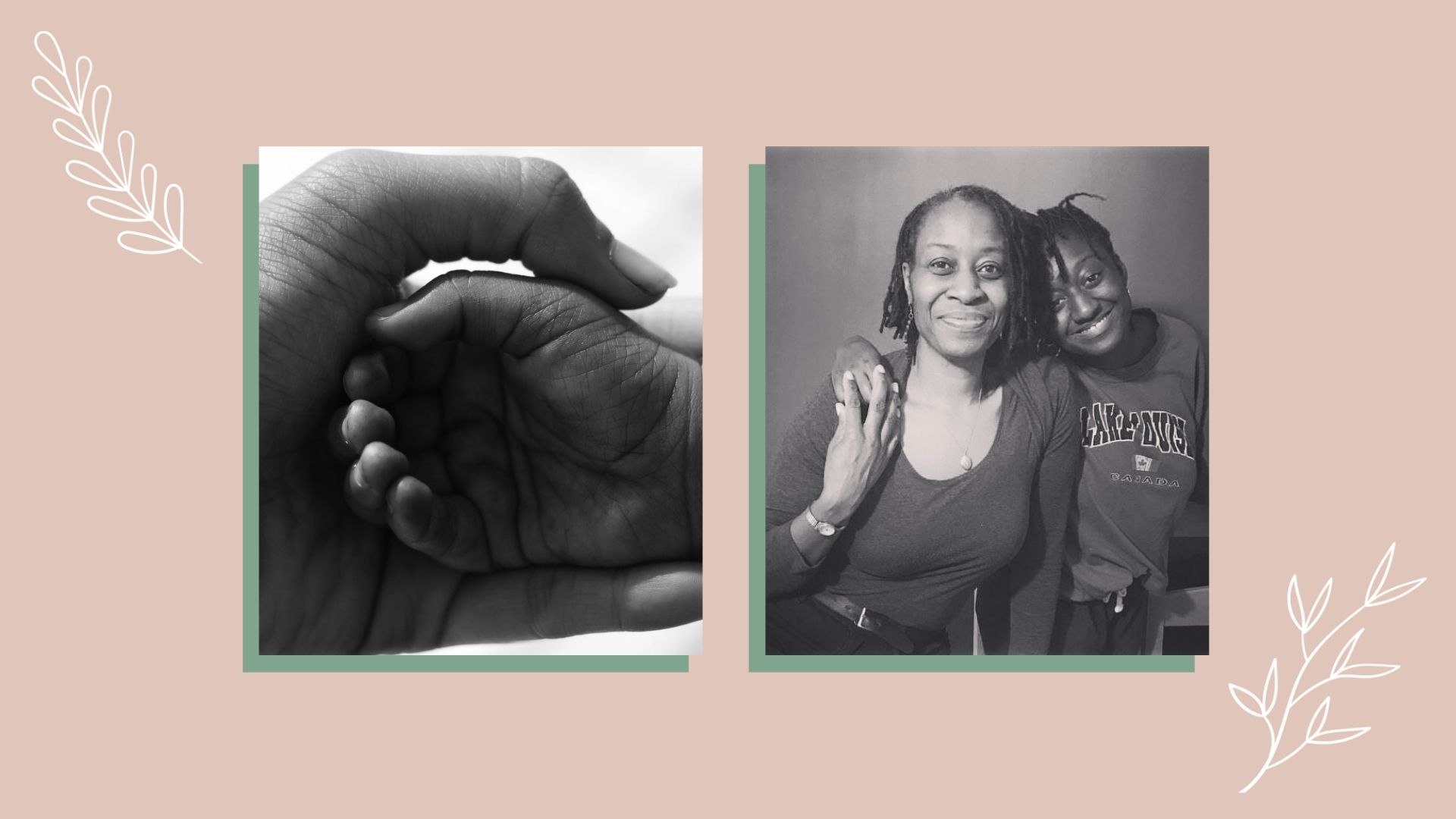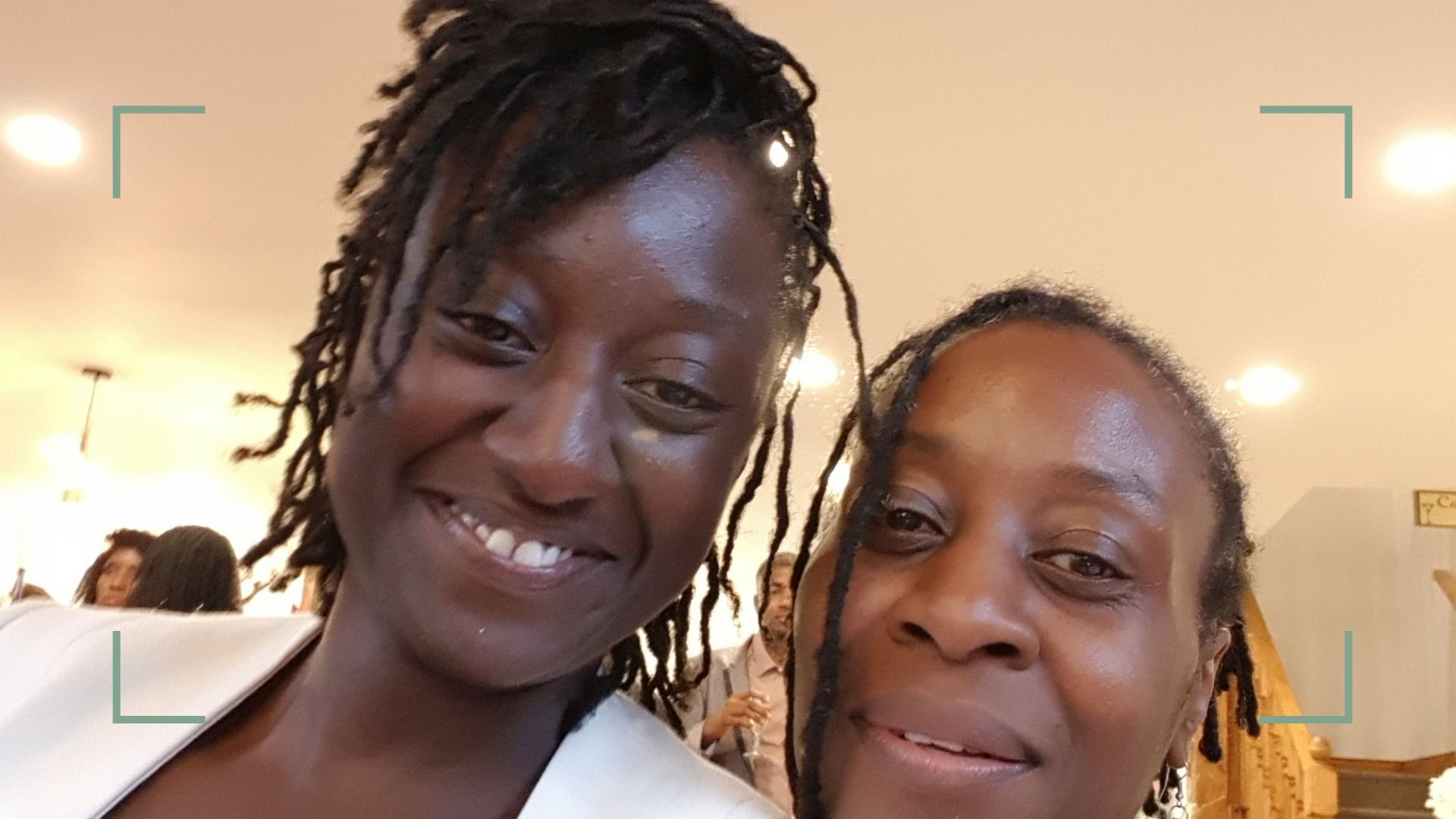How I am a conscious parent to my Black daughter
When being a good parent wasn’t enough, I became a conscious parent instead

Growing up, I was used to being told that as a Black child, I would have to work twice as hard as my white peers. And it wasn’t just my parents’ contemporaries who repeated this mantra: I’d hear it on the television too. The message was clear: life was tough for Black people and mediocrity was not an option.
I heeded the messages received from my community, and by twenty-four, I had achieved a Bachelor of Science degree in Linguistic and International Studies and was a qualified teacher. I started working in my first school five months after the aspiring young architect, Stephen Lawrence, was murdered. Racism was still very real, and Black people still had to work hard.
Three years into my career, I was pregnant with my first child and Tupac Shakur was killed. I remember hearing the news and praying for a daughter. Having a son who might not reach adulthood terrified me. Parenting a Black child required a specific skill set that I didn’t have. I needed a plan and, apart from knowing my son or daughter had to have a sound education, I didn’t have one.
I also knew that she would need more than decent GCSE grades and to a degree to withstand the discrimination that would come her way.
In 1997, I gave birth to a girl and in the early months and years, I did all the things white mums did—made my own baby food and read bedtime stories religiously. When Emelia started school, I had my own educational agenda, and by the time she was six, she had a reading age of a ten year old. I knew that a child who was a confident reader stood a better chance of succeeding academically than one who struggled. But I also knew that she would need more than decent GCSE grades and to a degree to withstand the discrimination that would come her way.
You might also like
- Life coaches for women—what they can and can't do for your life
- Feminist books—empowering fiction and non-fiction reads for your TBR pile
- Katie Piper on running—"It's my therapy!"
At the end of her first year of school, I began to think more deeply about the kind of person I wanted Emelia to be. By now I was a single parent, and something my ex said got me thinking about how I was parented. I knew that if I wanted to avoid passing on some of my own insecurities, I would have to create a parenting blueprint that gave equal value to my daughter’s emotional, psychological and physical wellbeing.
I wanted to be a conscious parent and to do that, I would have to ‘think about what I think about’
I spent the summer of 2002 reflecting on how my parents’ words and actions had affected me. I wanted to retain that no-nonsense, old-school Caribbean parent vibe, but I knew that the ‘shoot from the hip’ approach to parenting that paid too little attention to a child’s feelings had no place in my new repertoire of parenting strategies. I wanted to be a conscious parent and to do that, I would have to ‘think about what I think about’.
What does being a conscious parent mean?
Dr. Shefali Tsabary, a clinical psychologist from Columbia University, defines the conscious parent as ‘one who is intentional about moving away from the traditional paradigm of parenting’. Rather than taking a long-established approach to parenting, which is ‘typically hierarchical’.
Sign up to our free daily email for the latest royal and entertainment news, interesting opinion, expert advice on styling and beauty trends, and no-nonsense guides to the health and wellness questions you want answered.
My conscious parenting journey
I started by...
- ensuring my interactions were guided by Emelia’s best interests, not mine
- creating an authentic and loving connection with Emelia, and
- combining reflective parenting practices with strategies that would support my Black child
Five things I did...
- Stopped sweating the small stuff and developed a sense of perspective. Instead of showing my irritation when, for example, Emelia spilled a beaker of water, I reassured her that it was ‘not tragic’;
- Encouraged her to articulate feelings of sadness. I let Emelia it was safe for her to express herself when she was unhappy and gave her permission to be vulnerable;
- Considered the impact of my words and how they might affect her when she was older. If I needed to ‘tell her off’, I took a moment before speaking, and asked myself if my words would have the effect of belittling her. If I thought they might, I chose language that was clear, but loving;
- Nurtured an entrepreneurial spirit. As a young teacher who knew the distress of racial bullying, I knew I needed to prepare Emelia for the possibility that one day her face might not fit at work. By the age of seven, she was making her own PowerPoint presentations, and by twelve, she’d started a business with her best friend; and
- Encouraged her to reflect on how her experiences, thoughts and feelings impacted her on an emotional and psychological level.
How consciously parenting shaped my relationship with my daughter

Emelia is twenty-four now and has recently returned from time abroad. During her trip, we started a series of Instagram live catch-ups in which we discussed topics such as people-pleasing and self-respect. Two episodes focused on being Black and British. During our conversation, I revealed to her that every experience I exposed her to, from giving her the confidence to write a 250-word story when she was six to reinforcing the importance of introspection and clear self-expression, was motivated by the fact that she was Black.
When asked how she has been shaped by her upbringing, Emelia said:
“Being raised consciously as a child is not something you’re aware of, but now that I’m older, I can handle certain situations comfortably and confidently. I put that down to the words that my mum repeated to me when I was younger and the way she made me feel about myself.”
Emelia O'Garro
My conscious parenting has, in turn, given Emelia a high level of self-awareness. Perhaps what makes her different from her peers is her willingness to do that uncomfortable introspective work that people often avoid as well as her ability to confront, examine and articulate her thoughts and feelings. Being a conscious Black woman means that she will be able to navigate a complex world with confidence and the knowledge that she is okay, and I’m happy about that.
Laurie O'Garro is a conscious parent, teacher, String Artist, poet, writer and would-be author. She lives in London.